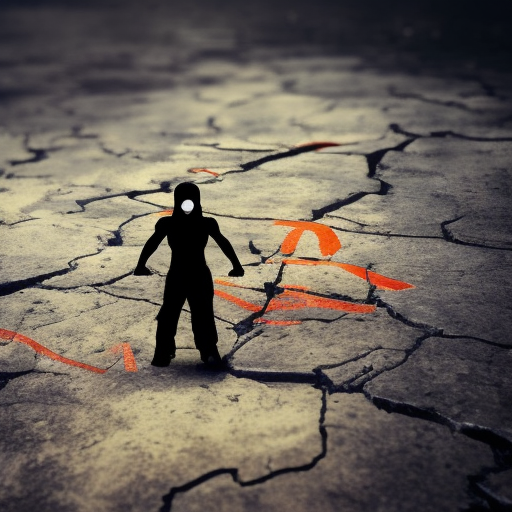As someone who has always wanted to excel professionally, I’ve come to understand that mental toughness is crucial in achieving success. It’s often the difference between those who excel and those who don’t.
Mental toughness is all about how you respond to stress. Do you panic and lose control, or do you zero in on how you will overcome the difficulty? I’m actually pretty good at this when it comes to work. Even when the world around me is falling apart, I can keep my focus and get the job done.
Nevertheless, I’ve decided to start focusing on building my mental toughness. According to Wikipedia, mental toughness is a collection of attributes that allow a person to persevere through difficult circumstances and emerge without losing confidence. It’s a skill; like any other skill, it can be trained and enhanced.
Antifragile
I found this one-sentence summary of the book Antifragile that says: “[Antifragile] reveals how some systems thrive from shocks, volatility and uncertainty, instead of breaking from them, and how you can adapt more antifragile traits yourself to thrive in an uncertain and chaotic world.”
This concept of antifragility can also be applied to cultivating mental toughness in difficult circumstances. By embracing challenges and actively seeking out uncomfortable situations, we can foster resilience and adaptability and ultimately enhance our ability to confront obstacles.
How to become mentally tougher:
- Push harder during physical training: I’ve always pushed myself harder each time I work out, but now I’m trying to push myself to my limits.
- Get comfortable with discomfort: In Canada, it’s easy to practice getting comfortable with discomfort. I’m constantly exposing myself to cold temperatures by wearing shorts and a t-shirt outside when it’s -20 degrees Celsius or keeping my house at a chilly 17 degrees Celsius all day. I also fast an entire day once a week, which is uncomfortable but has health benefits.
- Socialize more: This is a big one for me. I’m not great at socializing, so I’m taking baby steps and exposing myself to more social situations, like making small talk before meetings.
- Embrace the struggle: I’m changing my perspective on struggles and seeing them as opportunities for growth and learning.
- Practice mindfulness: Mindfulness is being present and aware of your thoughts and feelings. It can help build resilience and manage stress. I am a big fan of Headspace.
Conclusion
Building mental toughness is essential for success in our personal and professional lives. By embracing discomfort, seeking out challenges, and developing resilience, we can enhance our mental fortitude and become better equipped to handle the stresses and obstacles that come our way.
I encourage readers to try out the tips mentioned in this post and to continue exploring other ways to build their mental toughness.
Do you have any other suggestions for activities or practices that can help strengthen mental toughness? Please share your thoughts and experiences in the comments below. Together, we can all become mentally tougher and achieve our goals.
